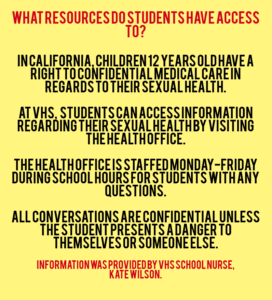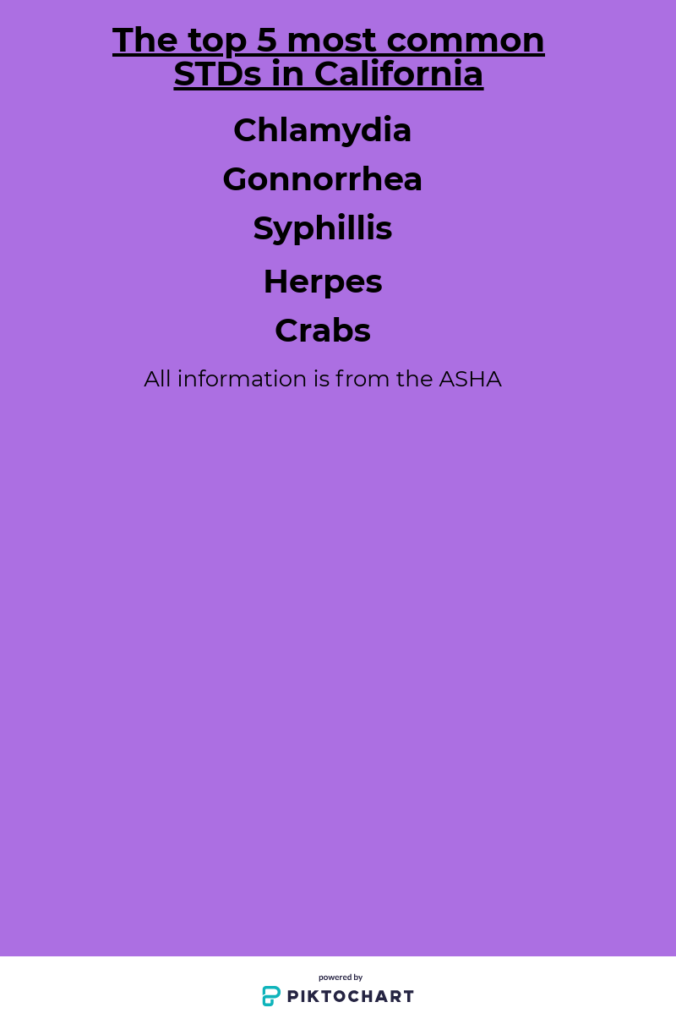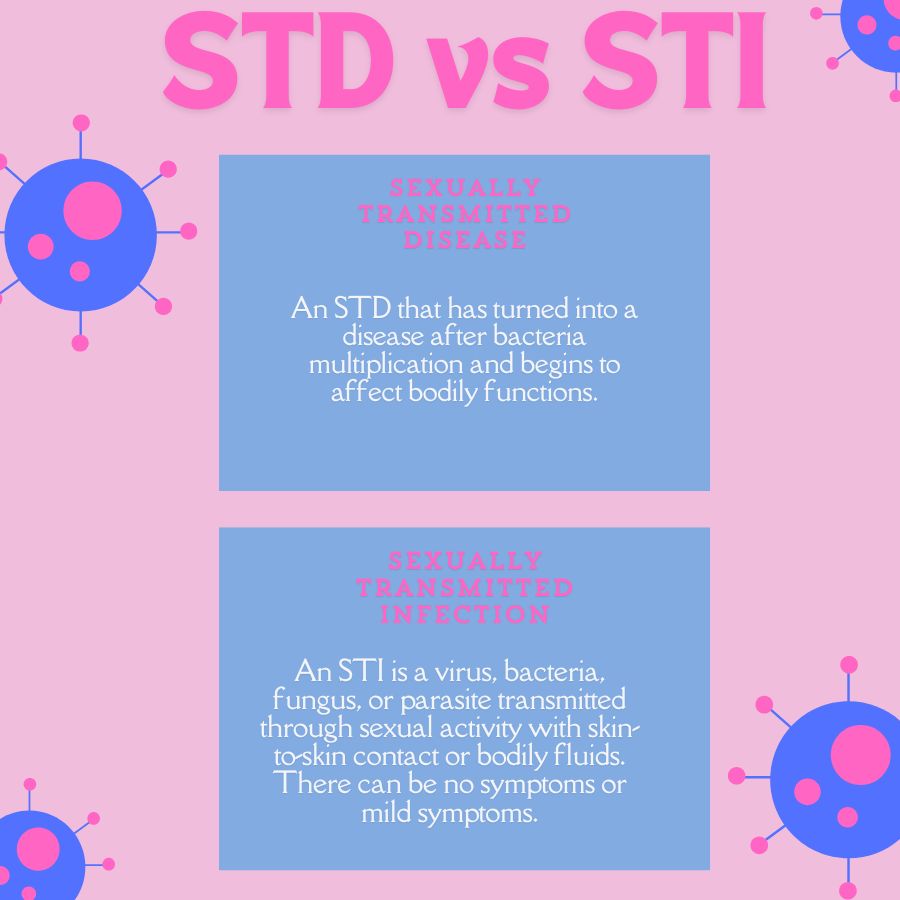For many high school students, sexually transmitted diseases (STDs) and sexually transmitted infections (STIs) may be the least of their concerns. For one, some students might not even know the differences between the two.

What are STDs and STIs? STDs are diseases that are transmitted through sexual contact, including oral sex and STIs are infections that are transmitted through sexual contact and can either be treated or may develop into an STD.
According to the American Sexual Health Association, or ASHA, one in two sexually active persons will contract an STI by age 25. They also estimate that nearly 20 million new STIs occur every year in the U.S, with half of those affecting young people from the ages 15 to 24.
However, even with the amount of STDs and STIs that occur among young people, ASHA estimates that only 12 percent of young people were tested for STIs in the last year, despite the fact they account for half of new STI cases.
How does this affect students? If young people our age are most likely to contract STIs and STDs, it may be important to know and understand the subject.
In order for students to reduce their risk of contracting an STI or STD, ASHA provides various prevention tips. These include practicing safe sex by using a condom, abstaining from having sexual contact, communicating with your partner about the topic or getting tested for an STD or STI if engaging in sexual activity.
Other ways to prevent contracting STDs or STIs include vaccination. As of now, there are not vaccines to treat human immunodeficiency virus (HIV) and herpes simplex virus, however, hepatitis A and B shots can be given to protect against contracting an STD or STI.
According to the ASHA STDs and STIs do not have recognizable signs or symptoms. Sometimes they can have mild symptoms, which often go unrecognized. The only way to know for sure you have an STD is to get tested.










